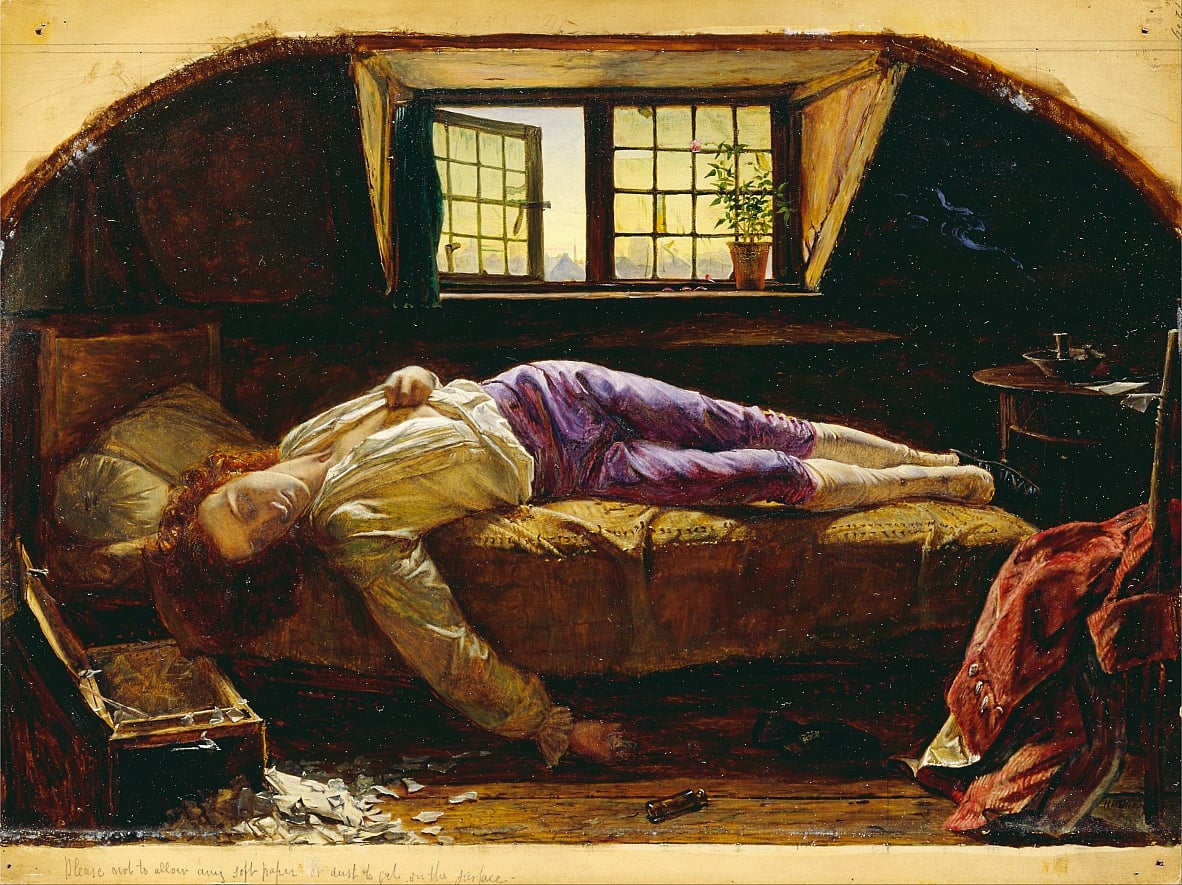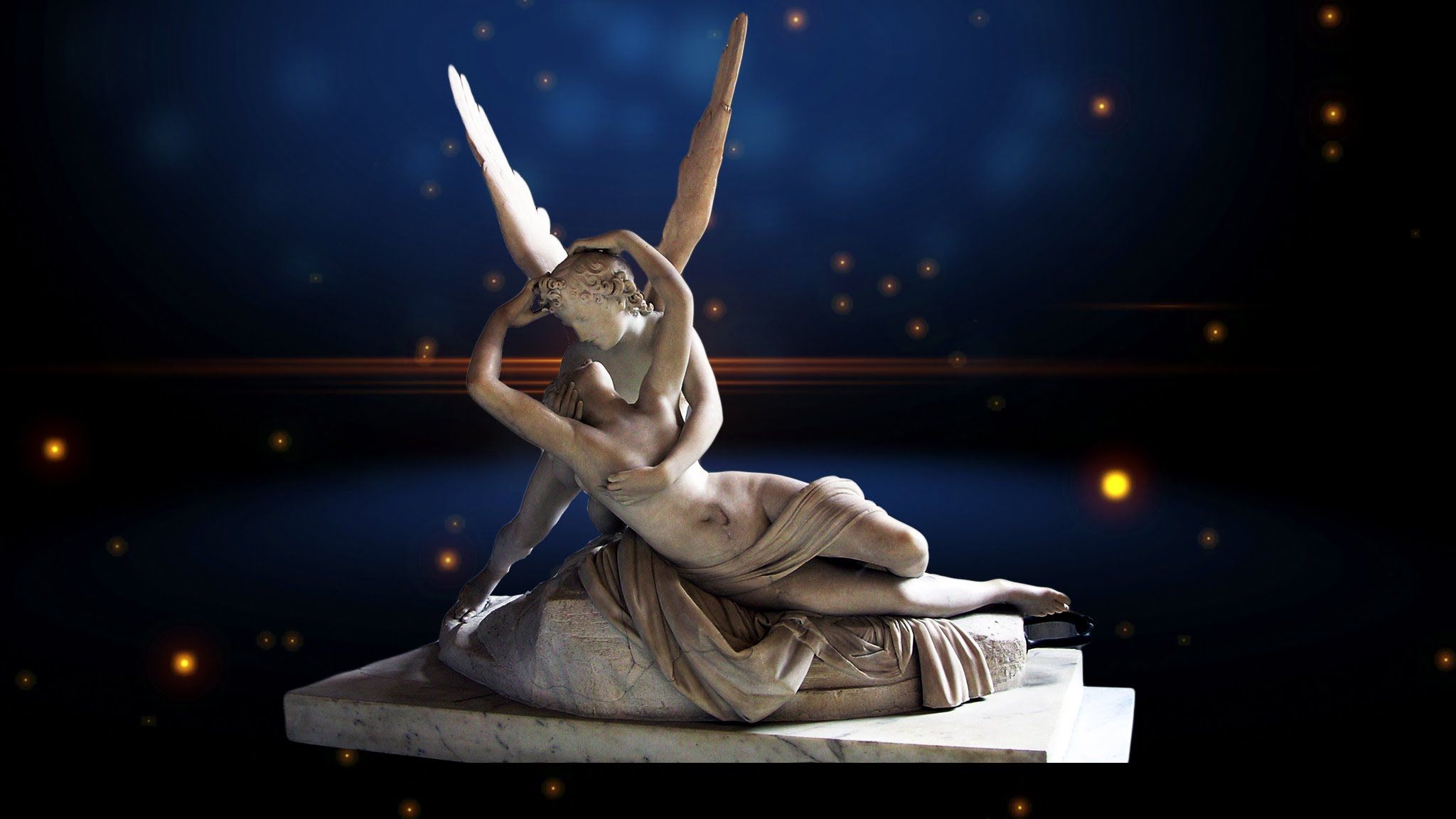Born in 1900, my godfather was too young to serve in the First World War.
He studied at Cambridge then returned as professor of law at the university in the town where he had grown up. The quiet way of life suited him too much. His twenties and thirties passed by too fast. With bemusement, he found himself a middle-aged and balding bachelor. When the Second World War was declared in 1939, he was too old to serve this time. Attempts to join the military were politely turned down. In the end, the only contribution he made to the downfall of Nazism was as a fire-warden, on watch every night from the top of the local church tower.
In the middle of the war, he was asked to billet a refugee while she looked for work. As a German, she had been in an internment camp for the past two years before being released at last as harmless to the war effort.
He found it hard to believe that the beautiful, elegant Miss Rosenthal had been interned in a camp for ‘enemy aliens’ by the British government. It was somehow more shocking than her treatment by the Nazis. (After all, that was what you expected from the Germans these days.) She was looking for a position as a secretary, for her English was excellent. She had only the faintest, husky accent of Vienna. It made him feel faint to hear her speak.
He made telephone calls to help find her a position, without much luck. Despite the fact she was Jewish (or perhaps as well as the fact she was Jewish), many people were suspicious of a German name. At weekends, the pair took bicycle rides into the local countryside. As they ate a picnic lunch, he would explain some aspect of local history to her. The development of ancient hill forts. How the town was besieged during the civil war. These explanations often went on for some time.
On most days, they took tea together. One afternoon, while passing a plate of biscuits, he asked about her family back in Austria. This was the only time he saw her weep, head bowed and hands wrapped around her shoulders. He could barely resist tears himself. If only he could hold her in his own arms. Soon he measured time only by how long it would be till he saw her again. At last, he spoke. The marriage proposal seemed to surprise her. She took his hand for a moment and squeezed it before letting go.
‘You’re a good man. I’m so very fond of you,’ she said. ‘Maybe it’s too soon. Let me think about it and ask again in a year.’
He found her a job at last, with a local solicitor’s firm. Their life carried on as before. The answer to his proposal was encouraging, he decided. (It had been too soon to ask, he scolded himself.) What could he do to show how much he loved her when she said ‘yes’? Behind his own house stood another, up on a hillside. The house was substantial with a large garden. French windows gave onto a terrace with a prospect across the valley down to the sea. The expenses of his quiet bachelor’s life had been modest. He had saved a surprising amount.
The house was called The View. He bought it without saying a word to Miss Rosenthal. It would be a surprise. As the anniversary of the proposal approached though, it was she who spoke first.
‘I have something to tell you. I hope you’ll understand.’
He nodded, wondering what was to come.
‘I’m going to be married,’ she said, crossing her long legs and unable to hold back a happy smile.
‘I hope you’ll understand,’ she repeated, taking his hand. ‘He’s another refugee, a doctor. When the war’s over, we’re going to America.’
My godfather sent them a letter of congratulations together with a large cheque. After a few months, he received a gushing and hastily-written thank you note. He never heard from her again.
After the war ended, things continued as before. It was a busy life, what with his students and the local historical society and serving on the parish council. During the summer holidays, he rarely travelled but took on marking exam papers from overseas to fill the time usefully. His sole indulgence was to follow the cricket on the radio. In retirement, when I first knew him, he had finally been persuaded to buy a television and developed a passion for police dramas.
I remember visiting one summer’s day with my family. Friend from the village joined us, their daughter now a teenager like myself.
‘Do you want to see The View?’ she whispered, giving me a glimpse of a big, old-fashioned key under her cardigan. ‘I’ve borrowed this.’
Through a gate at the bottom of garden we entered the grounds of the house my godfather had bought decades before. We knew the story of course, from eavesdropping on our parents. He had been unable to to bring himself to live there nor to sell the property. He found it easiest to simply keep it exactly as it was. A gardener visited regularly. A handyman checked for leaks or other damage a few times a year, cleared the gutters and washed the windows.
We entered through a conservatory at the side of house. My friend knew the way. She enjoyed the thrill of showing me for the first time. The ground floor rooms were untouched since they had been furnished in the 1940s. There were heavy, old-fashioned Bakelite switches for the lights. An art deco sideboard. Two bulky armchairs on either side of an empty fireplace. On the mantelpiece was a pair of smiling china dogs. We tiptoed across rugs faded by the sun, for the curtains were always left open. The kitchen has curved fitted cupboards, an up-to-the-minute design in the years after the war.
‘What if he catches us?’ I whispered.
‘Don’t be silly,’ she said. ‘He hasn’t been to The View since the war. It’s always empty.’
Despite her words, she whispered too, looking behind us.
Taking my hand, she led me up the bare stairs. All the bedrooms were empty except for the largest which looked out over the valley. There was a bare fireplace and a large old-fashioned bedstead with no mattress. Iron springs made it look more like an instrument of torture.
‘Look at me,’ my friend said. She lay back carefully on the bed, making the springs squeal and groan. Her dress rode up to expose her legs as she lifted a hand dramatically to her brow. ‘I’m the ghost of Miss Rosenthal.’
‘Hush!’ I hissed. ‘Get up, won’t you. And what are those marks on the wall?’
The wallpaper showed a faded design of intertwined roses. Here and there, though, were black smudges, some with the remains of feathers and what looked like blood stuck in them.
‘A bird got down the chimney last year,’ she said, standing beside me now. ‘Mr Edwards should have given it a better clean. I’ll tell him to come back and do it properly or I’ll snitch on him.’
‘You can’t do that,’ I said, ‘or they’ll know we were here.’
She shrugged her shoulders. Once we were outside and the door was locked again, I gave a great gasp. It was as though I had been holding my breath all the time we were inside.
‘Let’s go and play with my frisbee,’ she said, and we ran back through the garden gate.
I never went inside The View again. My godfather died when he was almost ninety. The house was sold and lived in for the first time in half a century. I drive past it every few years and see lights on or children playing in the garden.
What I always think of, though, is the poor bird that fell down the chimney while building a nest, and was trapped inside the empty house. I imagine the bird throwing itself at the windows and walls for days in desperate flight. With no food or water, it must have become weaker and weaker until it could fly no more, but lay down and slowly died, still seeing the sky and trees through the window but unable to reach them.
Image: Niki Feijen





Paul, this piece has a narrative line that is undeniably authentic. There couldn’t be any other ending but its’ painful conclusion. Much enjoyed……….thanks
Thanks Trevor. He was a gentleman, but perhaps a sad case of not leaving the past behind :)
It’s amazing these houses where time stands still and of course the sadness of the unlived life! Did you see the photos of the amazing house in Paris?
http://www.dailymail.co.uk/news/article-2323297/Inside-Paris-apartment-untouched-70-years-Treasure-trove-finally-revealed-owner-locked-fled-outbreak-WWII.html
Awesome, thanks Debbie. And it just reveals how much we invest emotionally in our surroundings and possessions too, doesn’t it?
Yes, it certainly does. Place is so important.
Very melancholic, I was intrigued and enjoyed reading it.
What a haunting story, a love suppressed, not denied though one-sided. And the bird as an imagery of what if she married him and lived there in The View?…It is nice and a privilege to share a house with you Paul at Varuna for a week and write our stories.
Thanks Andrew, and it’s almost all true!